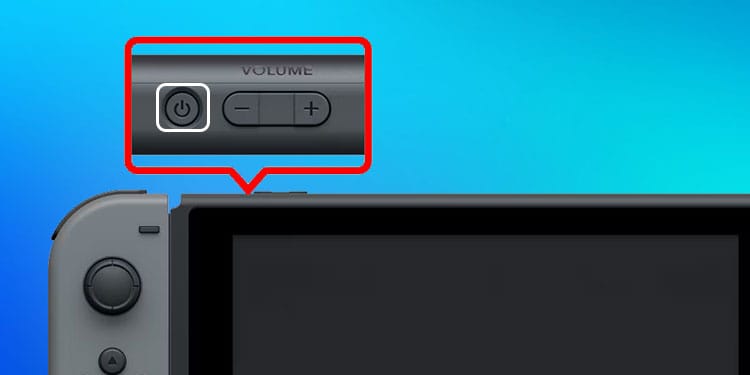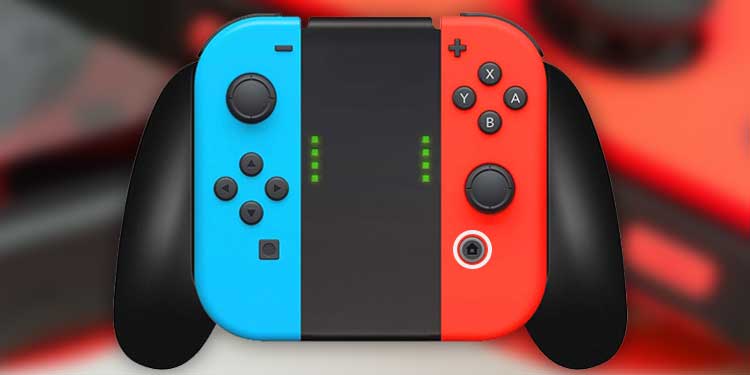Shutting the console off rewards it with a much-needed rest. It allows the console to cool off, erase some of its temporary files, and clean up its cache. Powering off the Nintendo Switch is relatively easy. Here’re the detailed steps: Like so, you can turn the Switch off completely. The process above may yield various errors if your console is glitchy. For example, it may not bring the power menu. If this is the case, and you can’t turn the console off, there’s a secondary way to switch off Nintendo Switch: Press and hold the console’s power button for 12 seconds. It will force a shutdown, but it won’t damage the console. You can also use this method if the console crashes or freezes. If the method doesn’t work, or if you’re experiencing constant issues, you should factory reset the Nintendo Switch.
How to Put the Nintendo Switch on Sleep Mode?
The Sleep Mode puts the console on standby. It shuts down most of its functions, which allows the console to rest. It will also suspend whatever game you’re playing or whatever you’re doing. So, when you go back to the console, it will resume whatever you were doing fairly quickly. However, the Sleep Mode won’t erase potential bugs or glitches or clean the console’s temporary cache. Similarly, the Nintendo Switch on Sleep Mod can charge the controllers. In comparison, if you plug the controllers into a completely turned-off Nintendo Switch, the peripherals won’t charge. That said, here’re the instructions: The simplest way to go to Sleep Mode is by pressing the power button. If you press it, rather than “hold and press,” it puts the console on standby. Another way to reach Sleep Mode is like so: Lastly, to wake up the console, you must press the power button or the Home button again. The console should go right back to its previous task, unless something is wrong with the Nintendo Switch.
When Should You Turn Off Nintendo Switch?
You should turn off the console every day before you go to sleep or after you finish playing. Turning the hardware off allows it to rest. Its internal components cool off and stop the spinning and the grind. Moreover, it resets some system configurations to put all of its software back in working order. Additionally, the software takes care of minor glitches and bugs created as you play. These glitches are made by constantly loading and going in and out of games. They also generate due to heat throttling the speed and performance of the hardware pieces. When you shut it down, it’s also a good idea to disconnect the Nintendo Switch. That means disconnecting the dock from the TV or disconnecting the screen to the power outlet. A total disconnection will protect the console against power surges. Additionally, it will allow it to clean up potential minor glitches and bugs. Lastly, turning the console off regularly will protect its battery life and allow it to charge faster. Speaking of which, you should follow these general rules:
Turn the Nintendo Switch off when the battery is depleted or nearly depleted Tun the Nintendo Switch off when you finish playing for the day. Charge it to its fullest before you play again If you’re not charging or using the console, keep it off, with the cables unplugged. Put it on Rest Mode if you’re going to play again soon, and the battery is okay.





